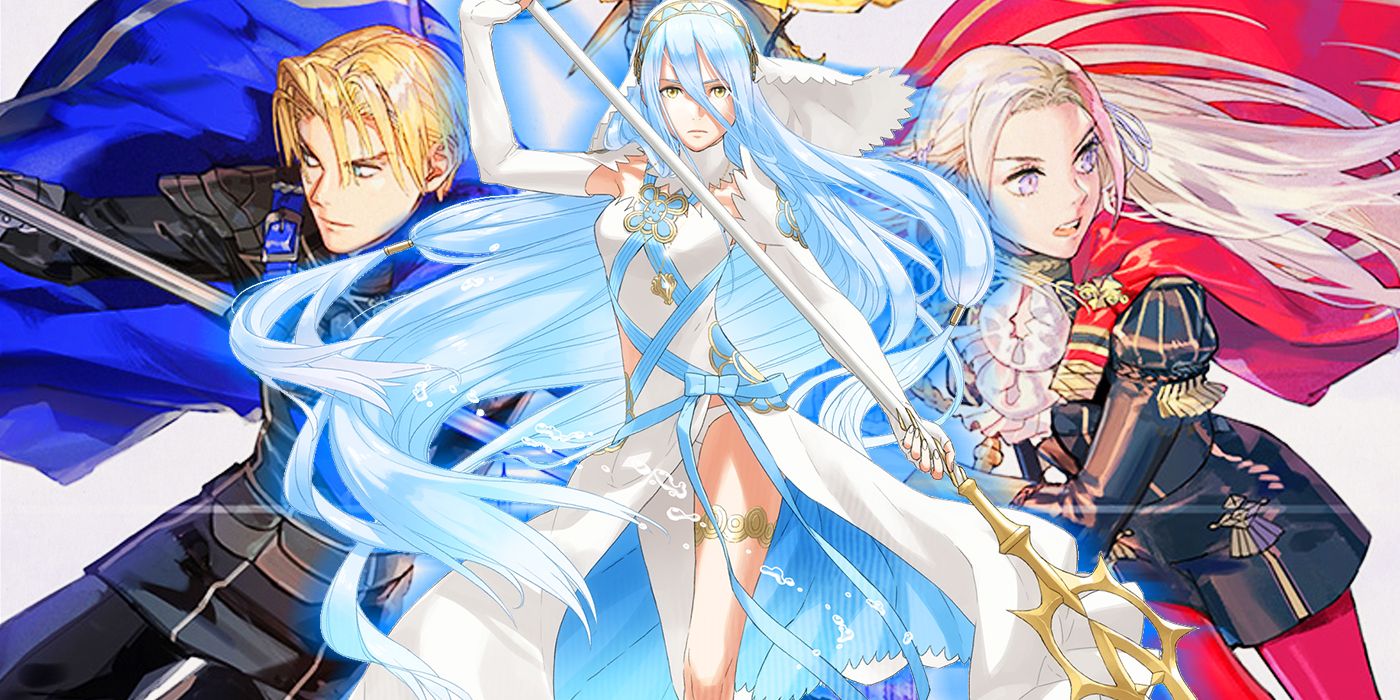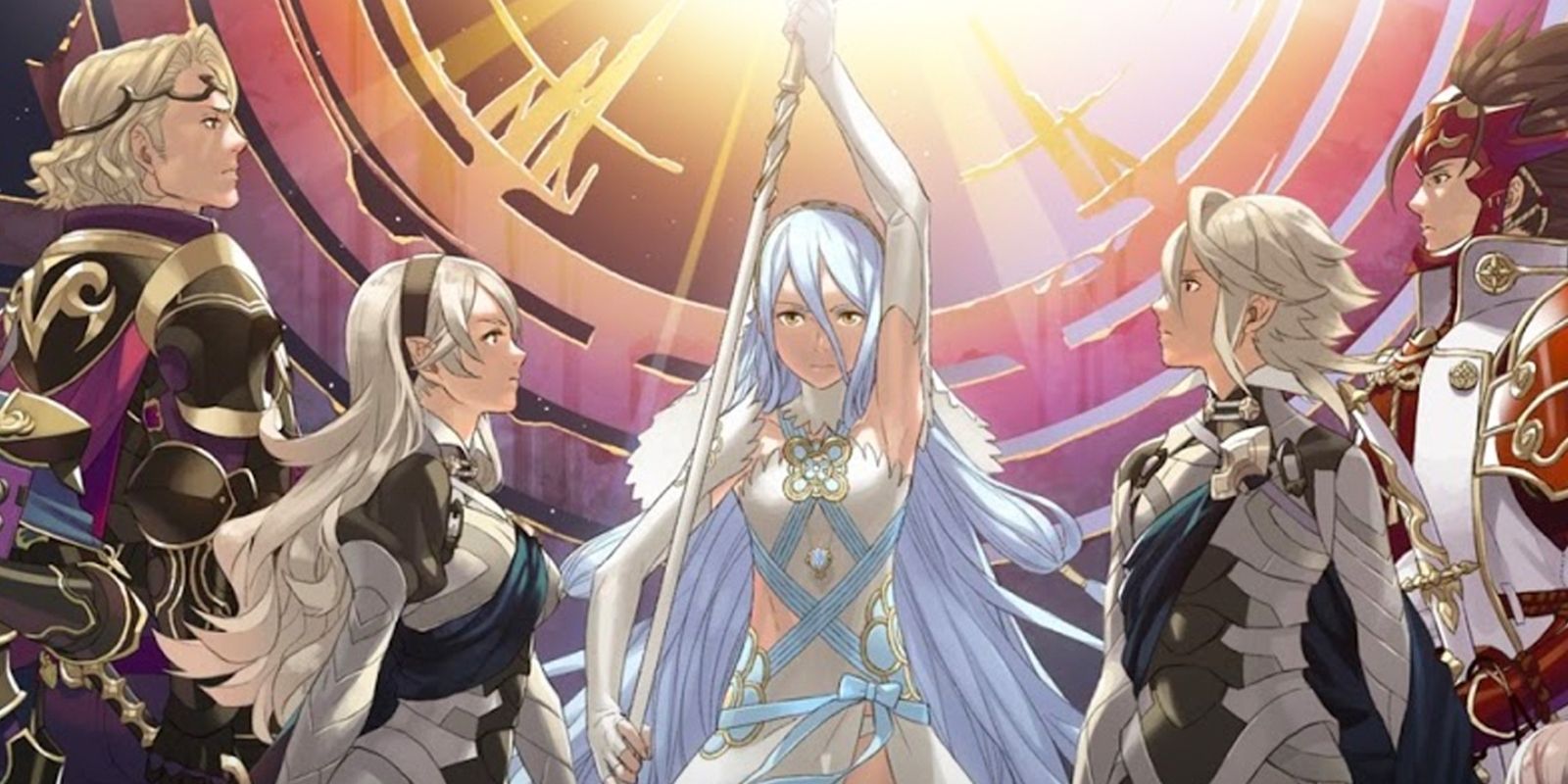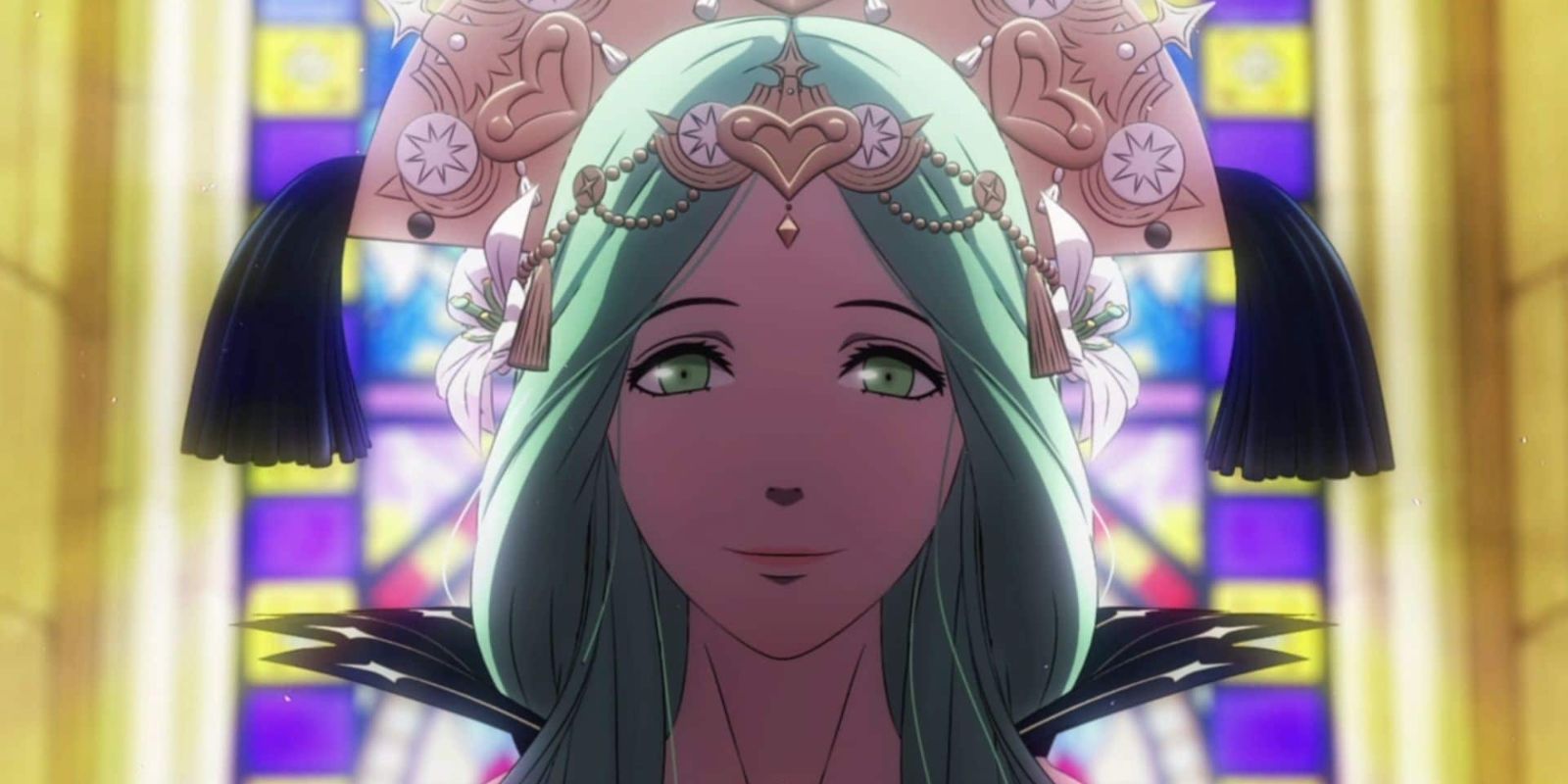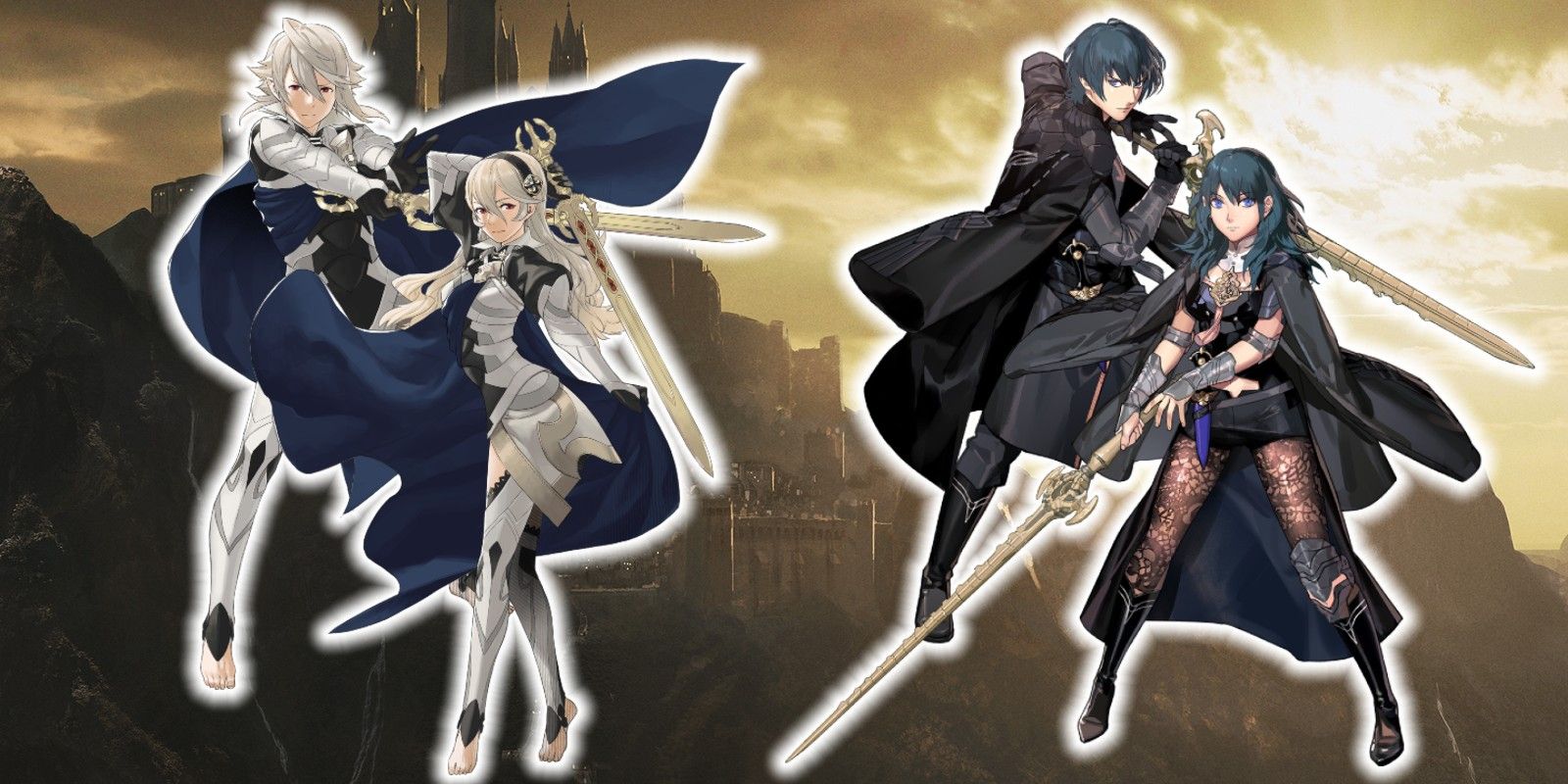The Fire Emblem series has come a long way in last few years since nearly ending with 2012's Awakening. In the years since, the franchise has launched several main series games and spin-offs, which include 2015's Fates and 2019's Three Houses. These titles force players to make a major choice early on, one that impacts the rest of the game. Players must choose to align with a group, and that decision determines the storyline and playable characters available for the rest of the game.
However, in addition to the paths which were clearly marketed alongside the games, both Fates and Three Houses contain both routes, ones that require players to make an unconventional choice. Fates: Revelation and Three Houses: Silver Snow ultimately answer lore questions that go unresolved on the more traditional paths, making them perfect for players who have already completed other playthroughs. However, one of these does a better job overall than the other.
Fire Emblem Fates: Revelation
While previous Fire Emblem games gave players some choices to make, Fates marked the first time any of those choices had a significant effect on the overall plot. The game tells the story of Corrin, a young prince or princess who was kidnapped from Hoshido as a small child and raised by royal family of enemy kingdom, Nohr. Upon learning the truth, Corrin is confronted with a decision -- side with Nohr (Conquest) or Hoshido (Birthright).
Revelation offers a third option: side with neither and discover the true enemy behind the conflict. This path is a challenging one at first, as both families perceive Corrin's choice as an act of treason. However, upon learning of the mysterious Kingdom of Valla, a place known to very few people due to a curse that kills anyone who reveals its existance outside of its borders, the Nohrian and Hoshidan royals are able to put their differences aside and take on their true enemy.
This path answers a lot of questions left behind by Birthright and Conquest, but it has also received plenty of criticism. For one, Fates in general was controversial, with fans frustrated by Nintendo requiring players to purchase each path individually. As for the game itself, many view the game's convoluted story as a step down from Awakening.
On top of that, Revelation can be seen as too convenient. The base games offer players a difficult moral choice between the changing the flawed kingdom Corrin was raised with from within alongside the siblings they grew up caring about, or taking it on from the other side with the family that they were taken away from. Plus, while both Birthright and Conquest result in the tragic deaths of Azura and two of the opposing royals, Revelation allows everyone to live. While this is a happy ending, it's ultimately feels too neat for what is otherwise a complex and bittersweet game.
Fire Emblem: Three Houses - Silver Snow
As with Revelation, Three Houses' bonus route requires players to make an unconventional choice to pursue it. Silver Snow requires players to select the Black Eagles house at the beginning of the game. However, about halfway through, players will be given a choice: side with Black Eagles leader Edelgard or the Church of Serios. By siding with the Church, players lose access to Edelgard and her vassal Hubert and are set off on a path that's quite different from the rest.
While players can choose to pursue this route from their first playthrough, Silver Snow is particularly good for returning players, especially those who have already gone through the three main paths. Here, players learn more about the Church of Serios and the history of Fódlan, as well as the truth behind Byleth's mysterious origins. Like Revelation, Silver Snow answers the questions left behind by the "main" storylines. However, what it doesn't do is wrap these answers up in a neat bow.
None of Three Houses storylines come with a particularly happy ending; all involve at least one of the house leaders dying in a brutal war between the three regions of Fódlan and the former classmates that lead them. However, while Crimson Flower, Azure Moon and Verdant Wind each end with their respective house leaders alive (with Golden Deer leader Claude surviving or possibly being spared in all three), Silver Snow results in Dimitri and Edelgard dying and Claude being reported missing, never to be seen again.
Even Rhea, who despite her absence for much of Part II serves as the leader on the Silver Snow path, is likely to die in the end. After Rhea is driven mad by power and assumes her draconic Immaculate One form, Byleth and their army are forced to defeat her in battle. Unless Byleth has achieved a A-level support with her (something that is easy to miss and has to be done before the end of Part I) Rhea succumbs to her injuries. Even within a game as dark as Three Houses, Silver Snow stands out as particularly brutal.
Which One Is Better?
In some ways, Three Houses: Silver Snow seems like a reaction to criticism of Fates: Revelation. Whereas Fates offered a definitive (or, at the very least, ideal) path where all secrets were revealed and a majority of the characters are able to live happily ever after, all four of Three Houses routes have bittersweet endings. No matter who they side with, Byleth ends up on the winning side of the war -- but there are many casualties along the way, including friends, family and those who were nearly allies rather than adversaries.
For this reason, Silver Snow is the superior of Fire Emblem's two bonus routes. Even without factoring in Fates' controversial release strategy, Silver Snow compliments its game rather than providing a clean alternative to the difficult moral questions and heart-wrenching tragedy the other storylines pose. Whereas Revelation negates Birthright and Conquest, Silver Snow provides another way for players to experience Three Houses and its themes of friendship, sacrifice and the horrors of war.




